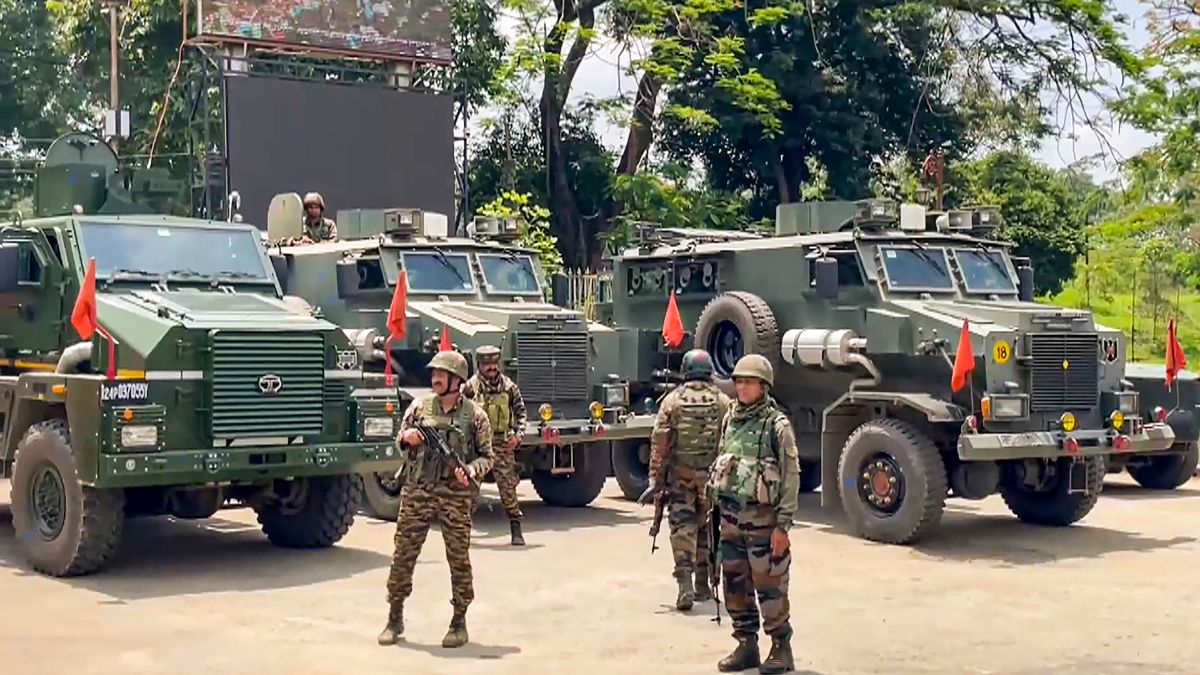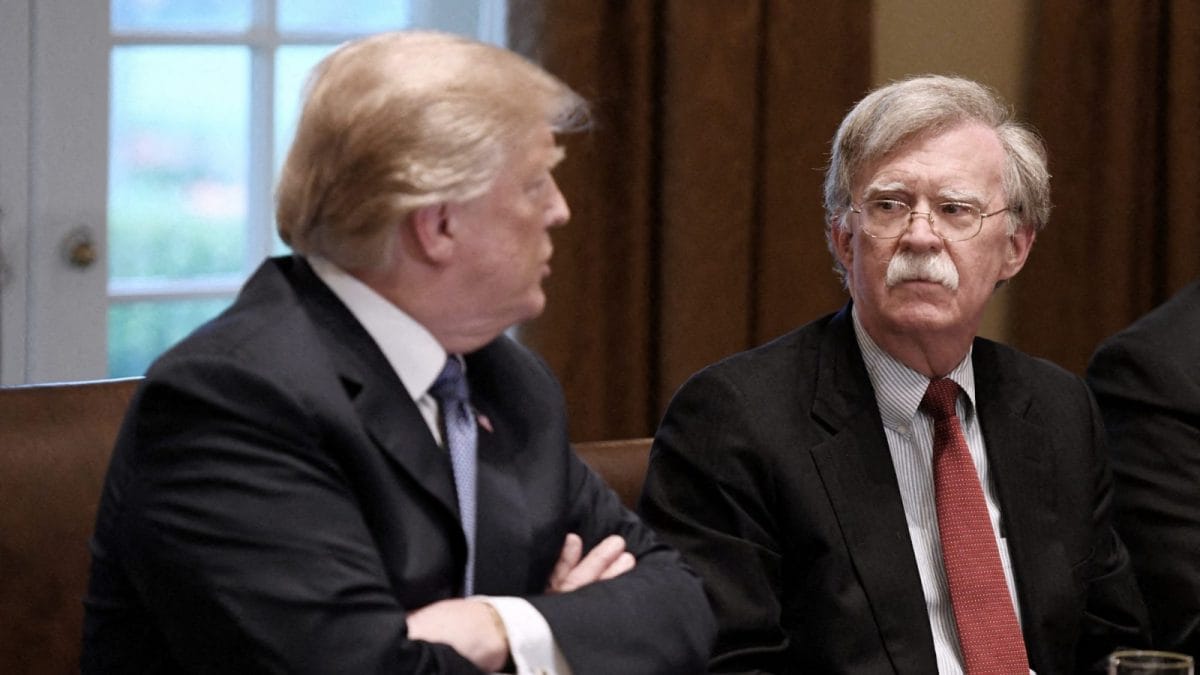The Centre, the Manipur government and key Kuki-Zo groups have signed a ‘Suspension of Operations’ pact to end ethnic hostility in the Northeastern state. This comes amid PM Modi’s Manipur tour speculation
In a significant breakthrough, the Centre, the Manipur government and key Kuki-Zo groups, including the Kuki National Organisation (KNO) and United People’s Front (UPF), have signed a tripartite Suspension of Operations (SoO) agreement, a central government release said on Thursday.
This pact aims to halt hostilities and bring lasting peace and stability to the conflict-affected Manipur for at least one year from the date of signing.
The new peace deal comes amid widespread speculation that Prime Minister Narendra Modi could visit Mizoram and Manipur on September 13. The official confirmation from the central government is still awaited, but reports cited officials in Mizoram capital Aizawl to confirm a “VVIP visit” to the Northeast.
If confirmed, this will be PM Modi’s first visit to Manipur against the backdrop of prolonged ethnic tensions in Manipur. The ethnic clashes between the Kuki and Meitei communities erupted in May 2023.
What they commit to: To maintain territorial integrity and work for negotiated peace
The renewed agreement reaffirms the commitment of all parties to respect the territorial integrity of Manipur, a crucial condition given the state’s sensitive ethnic dynamics. Representatives from the Union Ministry of Home Affairs (MHA), the Manipur government, and Kuki-Zo factions convened in the national capital to renegotiate the terms, with the explicit goal of achieving a lasting, negotiated settlement to the state’s long-standing conflicts.
The pact underscores the intent of all stakeholders to move beyond violence, reaffirming the need for dialogue and cooperation to restore peace. It also symbolises hopes of reconciliation after two years of ethnic clashes that have divided the state along community lines.
How they aim to reduce conflict and maintain peace
As part of the new terms, the Kuki groups agreed to relocate seven of their designated camps away from conflict-prone areas. This measure is designed to reduce flashpoints and minimise the risk of renewed violence.
Additionally, they consented to reduce the overall number of camps, with all weapons securely stored in the nearest Central Reserve Police Force (CRPF) or Border Security Force (BSF) armouries.
Security forces will conduct rigorous physical verification of cadre members with the explicit mandate to de-list any foreign nationals who may be present within these groups. This step aims to enhance transparency and security, addressing earlier concerns regarding the roles played by armed cadres during previous ethnic violence.
National Highway-02 to open: A symbol of normalcy
One of the most immediate and visible outcomes of the agreement is the Kuki-Zo Council’s decision to reopen National Highway-02 (NH-02), a critical transportation artery previously blocked, impeding the movement of commuters and essential goods.
The reopening follows sustained dialogue between KHEC delegates and MHA officials, with commitments given by the Kuki-Zo Council to cooperate fully with security forces to maintain peace and ensure unhindered movement along the highway.
This development is expected to restore economic activity and ease hardships faced by residents due to disrupted supply chains and restricted mobility over the past two years.
How compliance will be ensured
The agreement also establishes a Joint Monitoring Group (JMG), which will oversee enforcement of the pact’s ground rules. The JMG is empowered to investigate any violations and take firm action, including the possibility of reviewing or suspending the agreement should breaches occur.
This mechanism reflects lessons from previous agreements, ensuring accountability and sustained implementation to deliver peace on the ground.
How they reached here
The original SoO agreement was signed in 2008 between the Centre, the Manipur government, and Kuki militant groups, with annual renewals maintaining a fragile ceasefire.
However, in February 2024, renewal stalled amidst allegations that SoO group cadres had participated in ethnic clashes or trained local village defence volunteers — charges the Kuki groups denied.
Since the ethnic violence erupted in May 2023, Manipur has been effectively divided along ethnic lines, with Meitei communities confined mainly to the valley and Kuki-Zo groups in the hills. Movement between these regions was severely restricted, inflaming tensions and humanitarian strains.
Against this backdrop, the renewed SoO pact offers a tangible path forward, especially ahead of PM Modi’s anticipated visit to Manipur later this month, signalling the Centre’s commitment to restoring peace and normalcy.
But there are still some challenges
While the agreement marks a hopeful turning point, challenges remain. The political and ethnic tensions underlying the conflict require sustained dialogue beyond the operational ceasefire. The Centre has refused to concede the demand for separate administration for Kuki-Zo majority districts. This indicates that broader political resolutions are still a work in progress.
This tripartite pact, however, could prove to be a critical step towards rebuilding trust and peace in Manipur, providing a framework for dialogue, security, and economic revival.
End of Article

)

